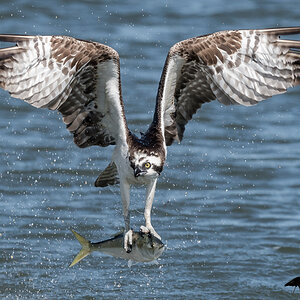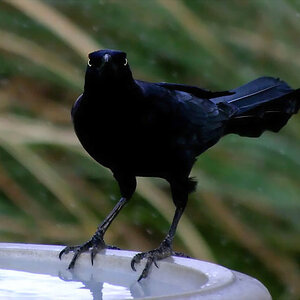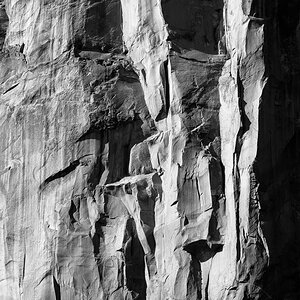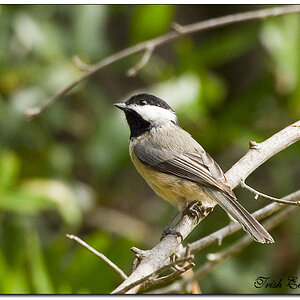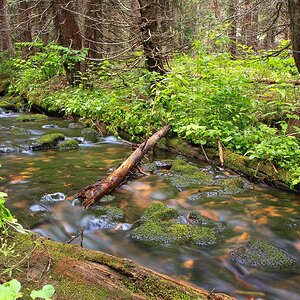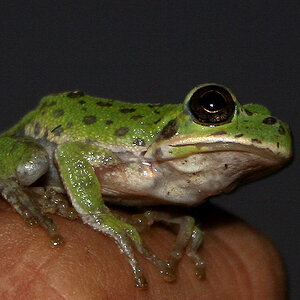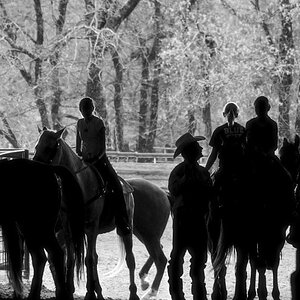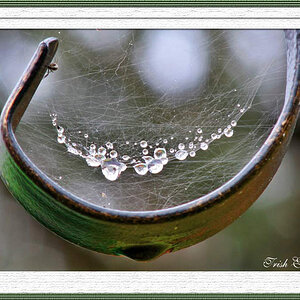Dghandour
TPF Noob!
- Joined
- Feb 18, 2015
- Messages
- 1
- Reaction score
- 0
- Can others edit my Photos
- Photos NOT OK to edit
Just wondering which book you'd prefer. I am new to the digital photo world and would like some good reading material to go with my Canon.
Digital Photography Book by Scott Kelby or Understanding Exposure by Bryan Peterson?
Appreciate your advise!
Digital Photography Book by Scott Kelby or Understanding Exposure by Bryan Peterson?
Appreciate your advise!



